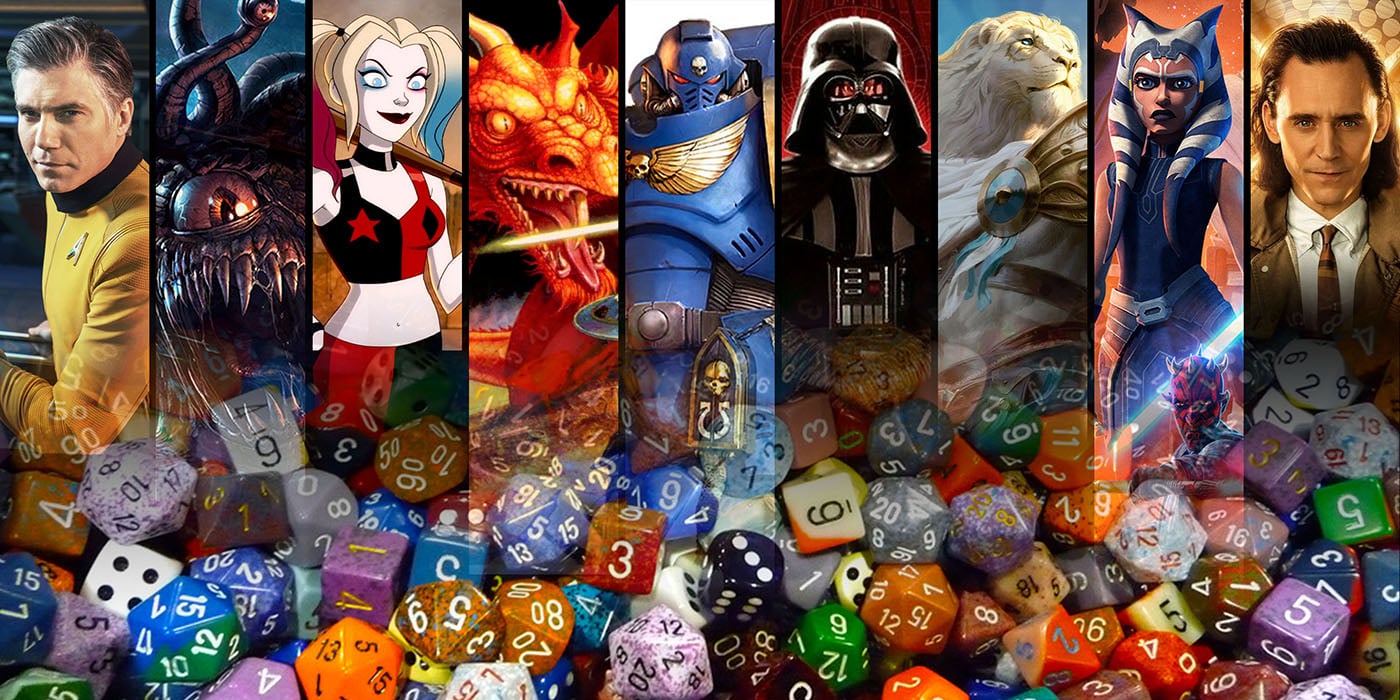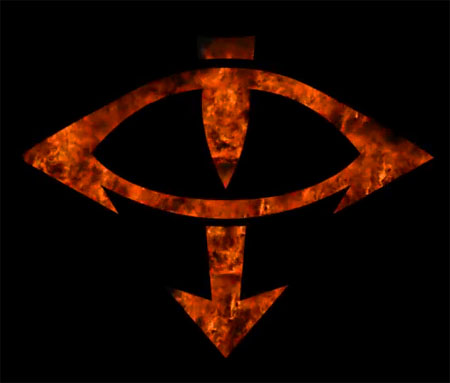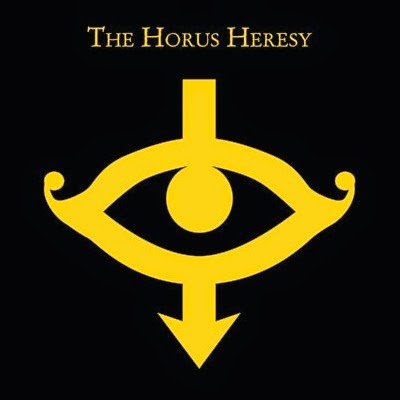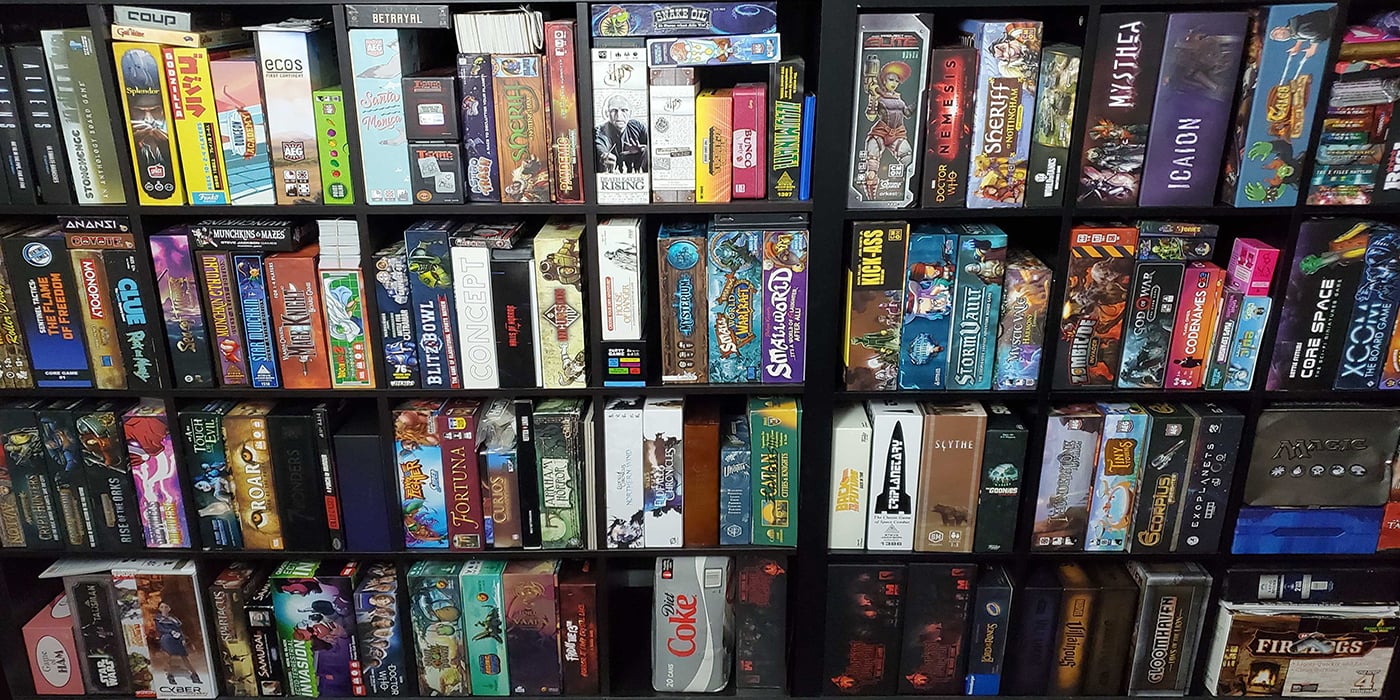40K Deep Thought: Why is the Horus Heresy So Successful?


We know how it ends, and yet throngs of gamers clamor for any and everything Horus Heresy related – Why?
The Horus Heresy is a set of stories that started as almost a footnote to the Grimdark. It is by definition of a niche of a niche. It is a story with no surprise twist at the end. And yet Forgeworld, Black Library and now an ever increasing portion of Games Workshop is being built atop the decades old tale of the Horus Heresy.
Its success is a hard one one to unravel.
In many ways, the Horus Heresy is a tale that runs counter to the classic Grimdark we have all learned to love and live in.
It is a time of great wonders, a time of giants walking among mere mortals. It is a tale of optimism and dreams. It is a time where men may make decisions that truly shape the universe. It is a tale of betrayal and the shattering of dreams. Most of all to me, the Heresy is a greek tragedy writ large across a sci-fi galaxy.
We know the trains are going to collide, but the drama and attraction is in seeing the slow inexorable fall of the Emperor’s dream into utter ruin. We get a ringside seat to the greatest men of thier era making errors and misjudgments while we sit mute, transfixed turning the pages willing them to only see the errors of thier ways. Anything to avoid what we all know will come to pass 10,000 years down the road.
I think in no small part, the Horus Heresy works because we see the horror that the galaxy becomes in it’s aftermath. The story would lose so much of it’s dramatic tension and weight without us as the readers knowing in terrible detail just how far the great dream of the Emperor will fall, each time bottoming out into a new basement of despair, loss and destruction.
The closest analogy I can find to the Heresy in literature is Tolkien’s Silmarillion, with its similar “ancient days” stories of pride, betrayal, hatred and revenge amongst gods and mortals leading to a literal destruction of the world. It too leaves only a fragmented shadow of itself in it’s wake – with debased kingdoms and inhabitants who can never regain the glory of the elder days regardless of how hard they toil.
Tolkien certainly wove together an “Old Testament” for Middle Earth out of his own imagination with large doses of mythology and the classics mixed in.
With the Horus Heresy, GW has managed in thier own way to if not copy, at least take the best inspiration from those writers who came before them.
And for that I am eternally grateful.
~Why do you think the Horus Heresy works?







